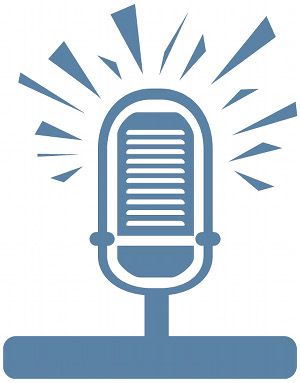Visiting the Local Office
Meetings at a state or district office of your Member of Congress can be a particularly effective way to convey your message.
Both the Member and congressional staff in Washington pay close attention to information passed to them from their local offices. Most Members of Congress have several local offices across their state or district – usually one larger office and several smaller offices.
Once you and your stakeholders have sent your handcrafted letters to the Washington D.C. office, as well as a copy to the local office(s), a meeting at the state or district office is an effective follow-up. While a meeting with the Member is certainly desirable, you will more likely be able to meet with a congressional staff member. This is not an undesirable outcome as the Member relies greatly on staff members, and informing them is often the best way to get your message heard.

Tips on Setting Up a Meeting at the Local Office
How should I go about setting up the meeting?
First, select a date that works best for you and/or the group you intend to take to the meeting (be as flexible as possible on dates/times to accommodate the office schedule).
*Check the House legislative calendar to determine when your Representative will be at home in the district, and the Senate legislative calendar to see when your Senators will be back in your state.
Second, call the state or district office and ask for the staff member who works on international/foreign affairs issues. If there is no staffer assigned to international issues, ask to speak with the office director.
*The address and phone number of the state or district office can most easily be found on the Member’s website. Use the links below to find your Members of Congress’ websites:
Then, clearly explain who you are and the purpose of the meeting you are requesting: i.e., you wish to follow up on your recent letter and to meet with the Member or a staff member to discuss international exchange programs in the district/state and their impact on constituents.
Who should attend the local office visit?
You may find that logistics prevent you from gathering a group—this is not a problem. A meeting at a Member’s local office that includes only you can still be effective, as it will allow you the chance to make your points in a one-on-one, conversational setting.
An ideal group will include those leaders in your community who sent, or signed on to, a handcrafted letter. If the actual writer/signer cannot attend, he or she may wish to send a deputy or other staff member as a representative.
What should I bring to the meeting?
Business cards for each member of your group are also a must. (Be sure to ask the staff member you meet with for his or her card too, so you can follow up!)
What should be discussed in the meeting?
Don’t feel the need to touch on every program, fact, or statistic; you’ll be most effective talking about what you know best. Think in advance about the two or three most salient points you’d like to emphasize. Encourage others in your group to do the same. If time permits before your meeting, you may wish to organize a conference call or email exchange with your group to sketch out your strategy. Plan to keep your presentation short and digestible—Congressional staffers are constantly on information overload, so they appreciate brevity.
It is also helpful to engage the staffer personally—to ask the staffer about his or her own international exchange or study abroad experience.
One final tip: be truthful. If you are asked a question you don’t know the answer to, simply reply that you’d be happy to find the answer and get back to them. Not only does this provide you with an opportunity for follow up, but it keeps your integrity intact.
What should I include in my letter?
- What is the most important economic impact of exchanges in your district/state?
- If you had to prove the impact of the exchange programs in your district/state, what would you say?
- If a skeptic said international exchange programs are a waste of federal dollars, what would you say to prove that person wrong?
Some general talking points you may wish to consider in your letter include:
- Exchanges promote U.S. national security;
- Exchanges strengthen the U.S. economy;
- Exchanges increase mutual understanding between the U.S. and other nations worldwide;
- Exchanges help to prepare the next generation of leaders;
- Effectiveness of exchange programs through concrete data;
- The local impact of exchanges through compelling stories.
